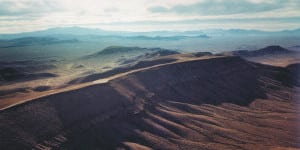
A House of Representatives committee on Tuesday turned back the latest legislative attempt to appropriate funds for licensing the planned Yucca Mountain nuclear waste repository in Nevada.
A bipartisan group of five lawmakers proposed to provide $15 million via…